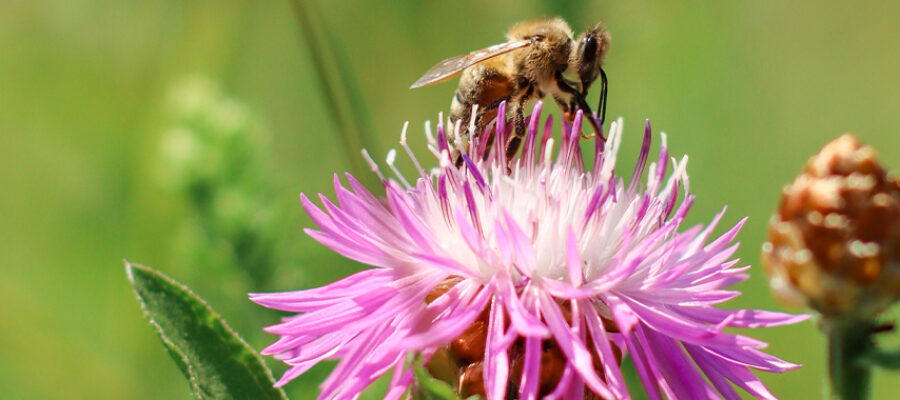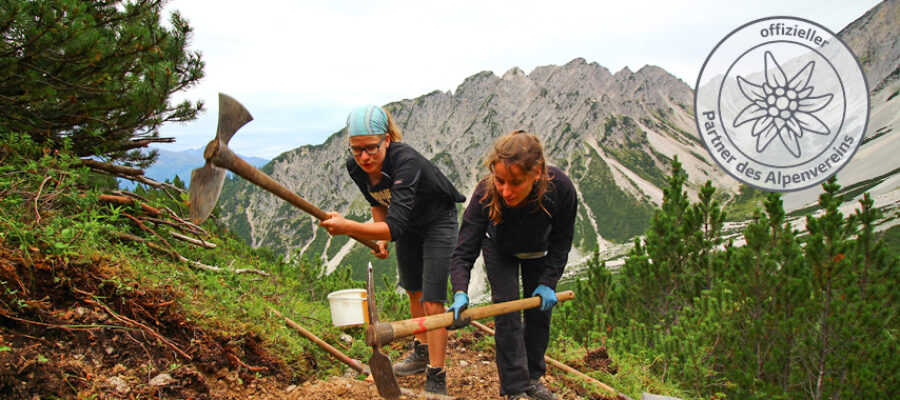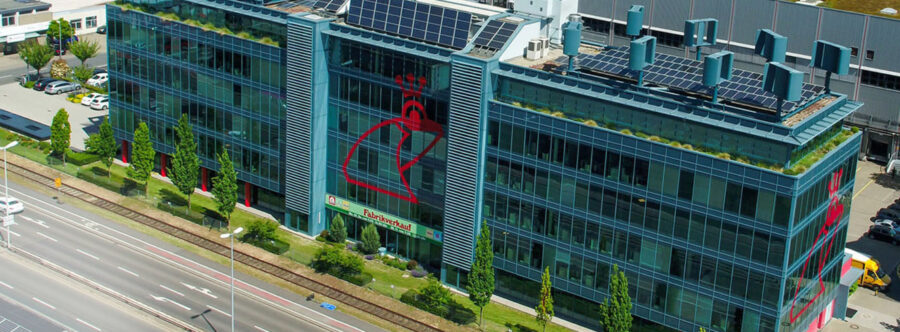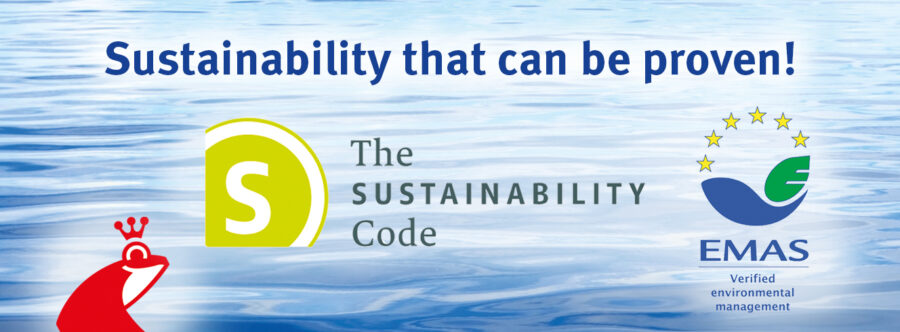Welcome to Werner & Mertz Hallein
Werner & Mertz Hallein was founded in 1953 as the second production site in Hallein not far from Salzburg. Today about 160 employees work there. As part of a family-owned medium-sized corporate group, we are amond the leading producers in the international detergent and cleaning products market. Together, we set standards in environmental protection and always act with sustainability in mind.
“We see ourselves as a driven management team with the shared overall goal of sustainability. Together we will continue the Werner & Mertz Hallein success story and set more milestones in innovation and the circular economy.”
Alexander Polster, Florian Iro & Ingo Frank, GF Werner & Mertz Hallein.















